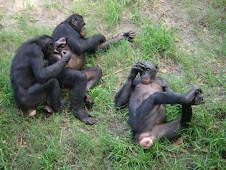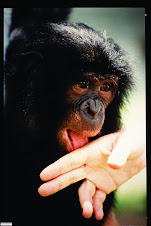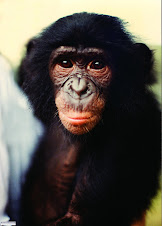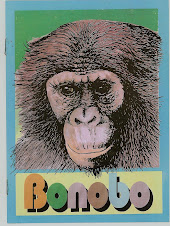 This post is about Turkeys. I wish you a Happy Thanksgiving holiday tomorrow with friends and family!
This post is about Turkeys. I wish you a Happy Thanksgiving holiday tomorrow with friends and family!Wild turkeys originated in the highlands of Mexico. They have adapted to a wide range of foods such as fruits, nuts, cactus fruits, tender plants, and insects. In agricultural areas, they will consume oats, corn, milo, and wheat. They are known for their beautiful metallic green copper plumage.
Female turkeys sometimes make communal ground nests, although only one hen at a time will incubate the eggs. The males are noted for a “horn” on the forehead, a fleshy wattle under the chin, and coarse bristles on the neck. They have wicked spurs on their feet and they are not afraid to use them.
Turkeys have dramatic courtships. The toms spread their tails and drag one wing along the ground. The stiff pinions make a scraping noise while the bird voices gobble-gobble-gobble to impress the hens, thus the word “gobbler.”
When the New World was colonized, turkeys were taken to Europe, where they were domesticated. Further taming continued in the Americas. Today there are at least a half dozen varieties of turkeys, including the Bronze, Bourbon Red, Black Spanish, Blue Slate, and Royal Palm.
The domestic turkey is genetically distinct from its wild kin. It grows larger and breeds earlier, but it cannot survive in the wild. Hens do not hide their nests, and they ignore the threat of danger. As farmers tell it, “they are such knotheads that if it storms hard, they’ll turn their beaks up in the rain and drown.”
Americans have a special relationship with the turkey. It was reported to have been part of the 1621 Pilgrim’s feast to celebrate a bountiful harvest and peace with Indian neighbors. This wasn't actually mentioned until 22 years later in the “History of the Plymouth Plantation.”
During the American Revolution in the 1770s, the Continental Congress suggested a national day of Thanksgiving. In 1817, New York State made it an annual custom.
In 1863 President Lincoln appointed Thanksgiving as the fourth Thursday of November and declared it a national holiday.
Female turkeys sometimes make communal ground nests, although only one hen at a time will incubate the eggs. The males are noted for a “horn” on the forehead, a fleshy wattle under the chin, and coarse bristles on the neck. They have wicked spurs on their feet and they are not afraid to use them.
Turkeys have dramatic courtships. The toms spread their tails and drag one wing along the ground. The stiff pinions make a scraping noise while the bird voices gobble-gobble-gobble to impress the hens, thus the word “gobbler.”
When the New World was colonized, turkeys were taken to Europe, where they were domesticated. Further taming continued in the Americas. Today there are at least a half dozen varieties of turkeys, including the Bronze, Bourbon Red, Black Spanish, Blue Slate, and Royal Palm.
The domestic turkey is genetically distinct from its wild kin. It grows larger and breeds earlier, but it cannot survive in the wild. Hens do not hide their nests, and they ignore the threat of danger. As farmers tell it, “they are such knotheads that if it storms hard, they’ll turn their beaks up in the rain and drown.”
Americans have a special relationship with the turkey. It was reported to have been part of the 1621 Pilgrim’s feast to celebrate a bountiful harvest and peace with Indian neighbors. This wasn't actually mentioned until 22 years later in the “History of the Plymouth Plantation.”
During the American Revolution in the 1770s, the Continental Congress suggested a national day of Thanksgiving. In 1817, New York State made it an annual custom.
In 1863 President Lincoln appointed Thanksgiving as the fourth Thursday of November and declared it a national holiday.













No comments:
Post a Comment